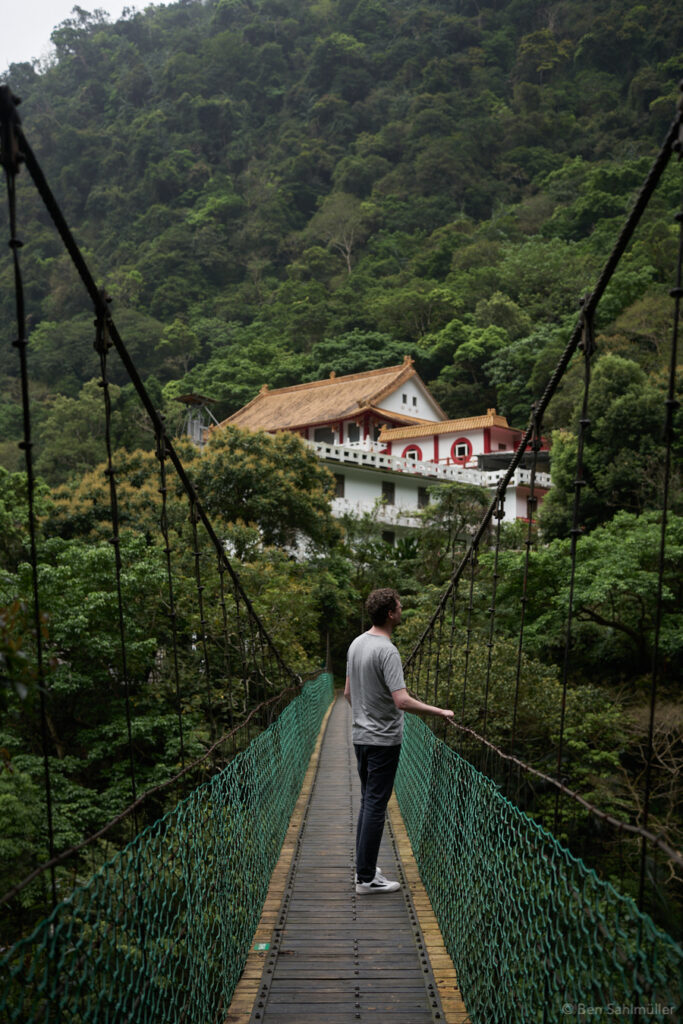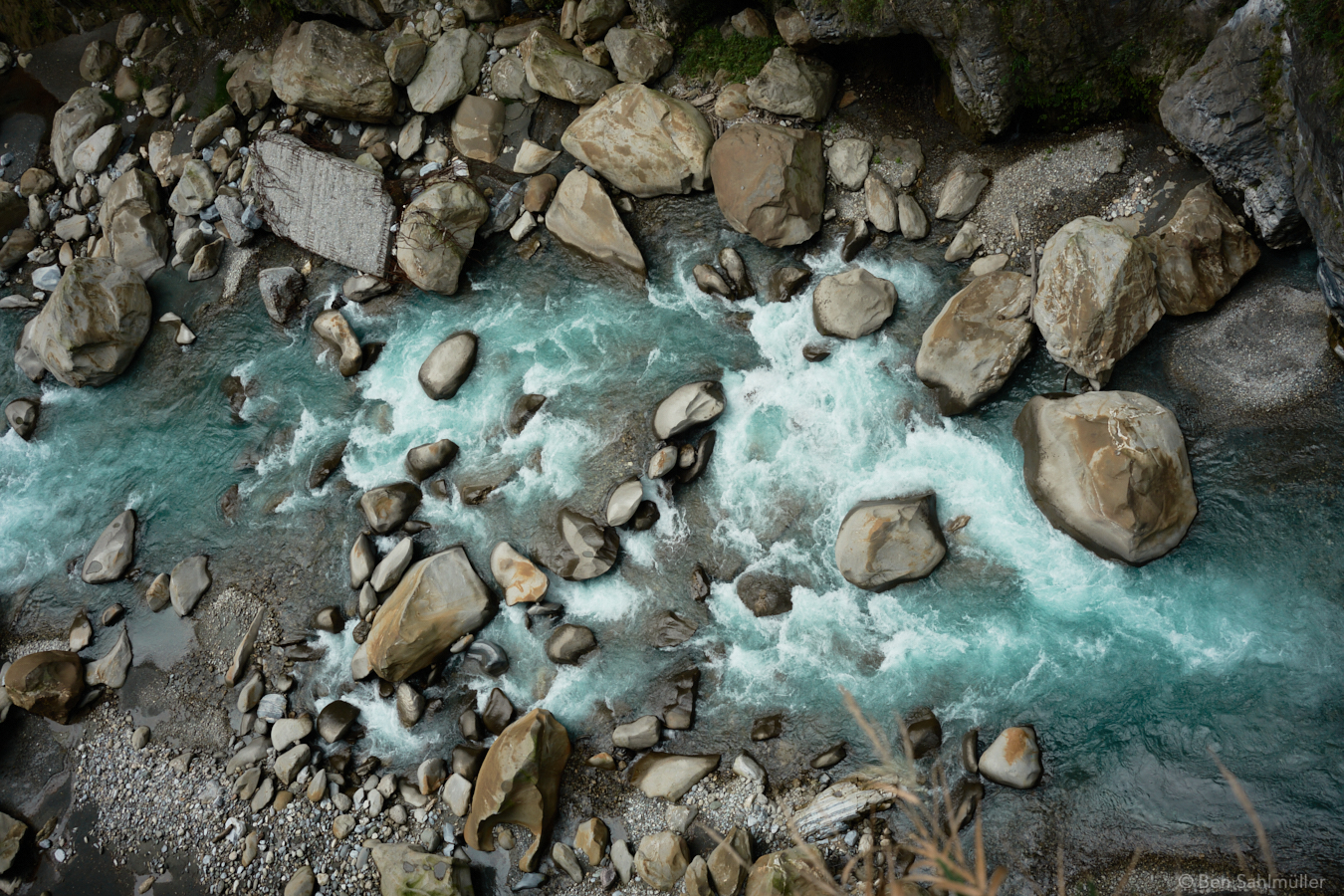Benerkenswert May 2023
Welcome to the May issue of Benerkenswert!
This issue has four parts:
- April in Taiwan, a brief personal intro
- An Essay: The gravity of family ties vs. the flow of time
- Some housekeeping announcements
- Recommendations: The newest album of AnnenMayKantereit and the books of Annie Ernaux (probably all of them)
Let’s jump right in!
Life in Taiwan: Very important persons visiting
April was the time of “my” first visitors. March had been Anna’s visitor-month. Her siblings stayed with us in the first three weeks. Then, the week after their return brought the official opening ceremony of the office she founded. After Taiwan opened its borders again, her supervisors were finally allowed to come for the act, and by moving it in the days of Minister of Education and Research Bettina Stark-Watzinger’s visit to Taiwan, she had another VIP guest to invite. And a very proud hubby, of course!
The ceremony marked the end of the wild chapter of starting here from nothing. For her, the chapter was one of amazing professional growth. For me, it was a more humbling one of adaptation and reorientation. I tried to strengthen the ground not only for my own life but also ours as couple – a role neither asked for, picked consciously, nor purely uncomplicated, born from temperament at least just as much as necessity. The ceremony thus offers a welcome reason for us to reflect our private and professional roles and shift the balance in their overall constellation.
(There are probably whole essay here about contemporary gender roles, systemic dynamics in couple relationships, and my personal questions about and philosophy of “masculinity” – an important issue given the many horrible role models on this topic roaming (social) media; but this is not yet the time for it.)
In April then, my two brothers Jan and Till flew over. Given their brief spring holidays and young children, they stayed for a week, too short to deal at the same time with jet lag, culture shock, all the many things Taiwan has to offer, and my thirst for my family, of course – but oh so plenty compared with the brief messages and calls that had made most of our relationship in the last years!
We had glorious days, mostly in and around Taipei with a stint towards the monumental Taroko Gorge. It is weird how their presence here felt just as familiar as meeting at our parents’ for Christmas back in the days. As if the 9,000 km distance is a mere idea.
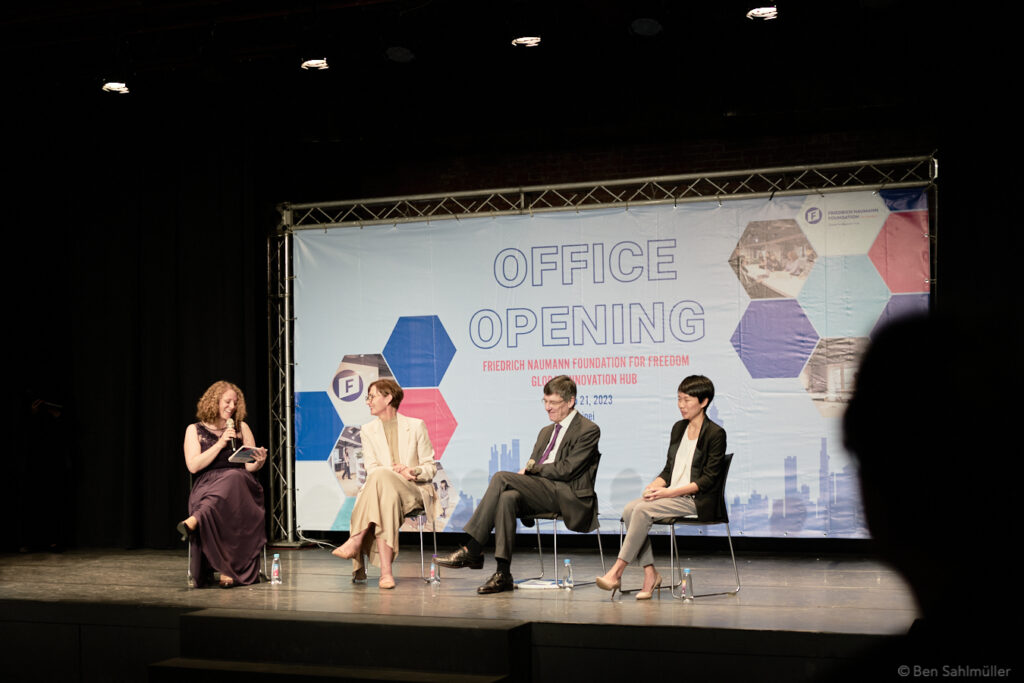
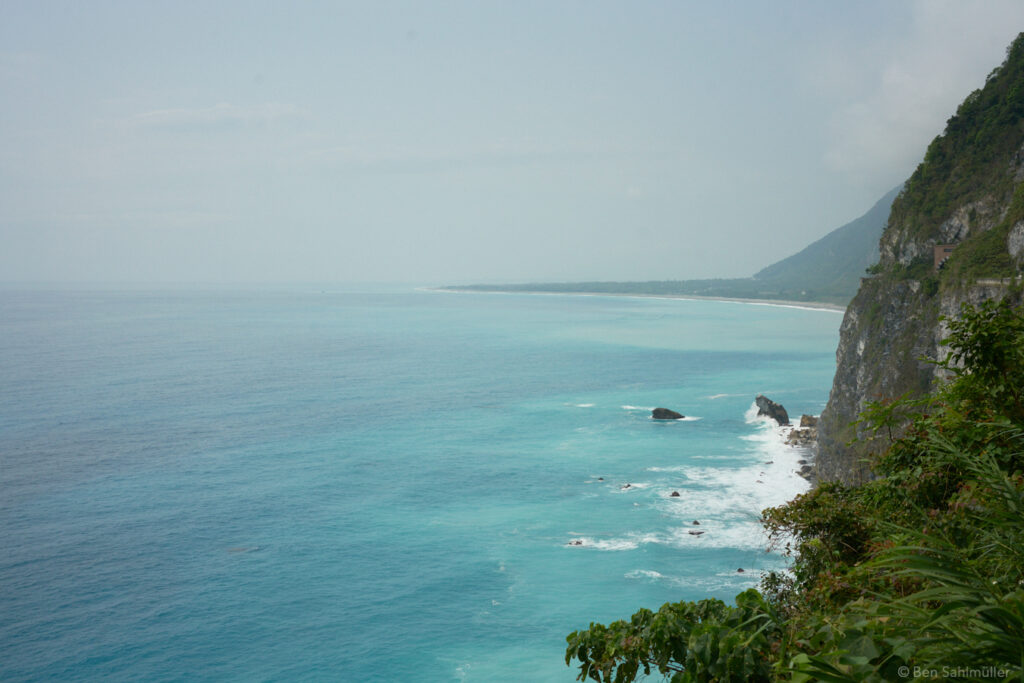
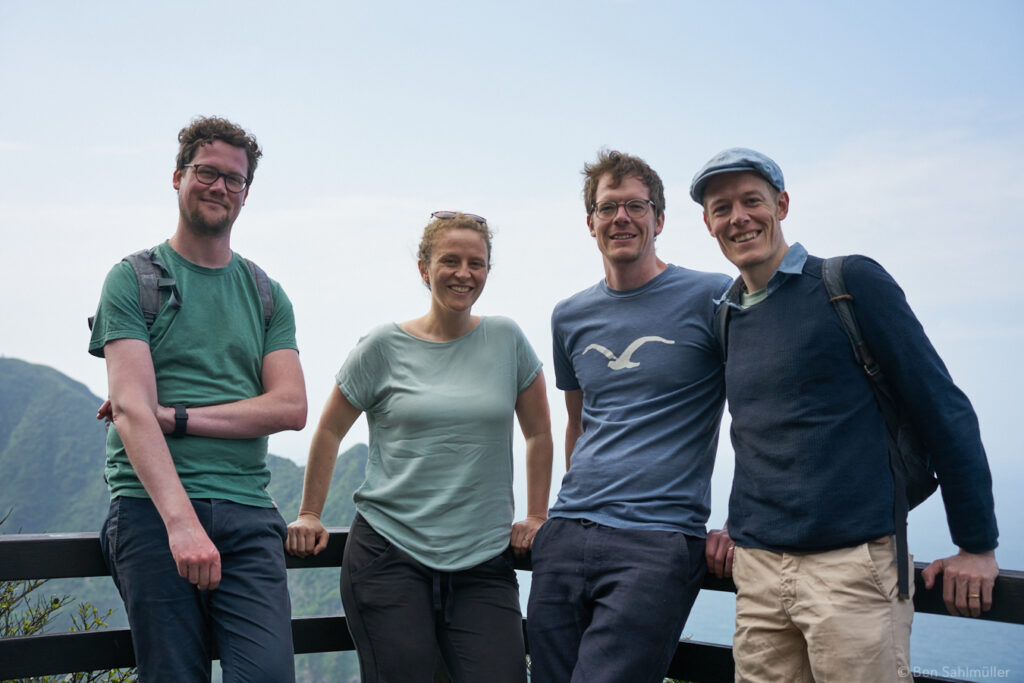
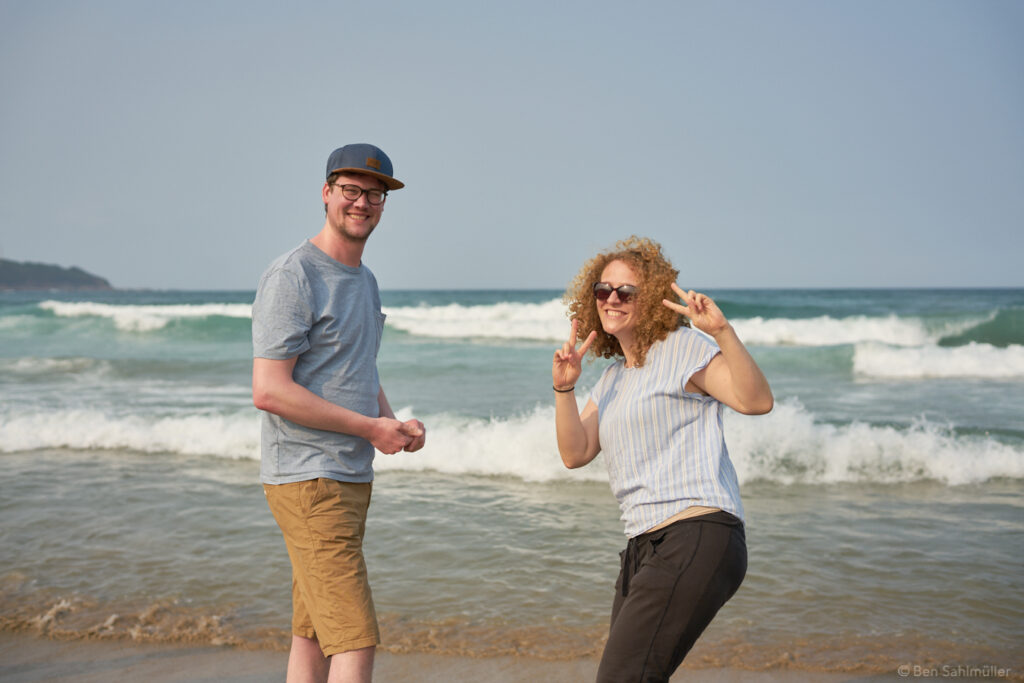
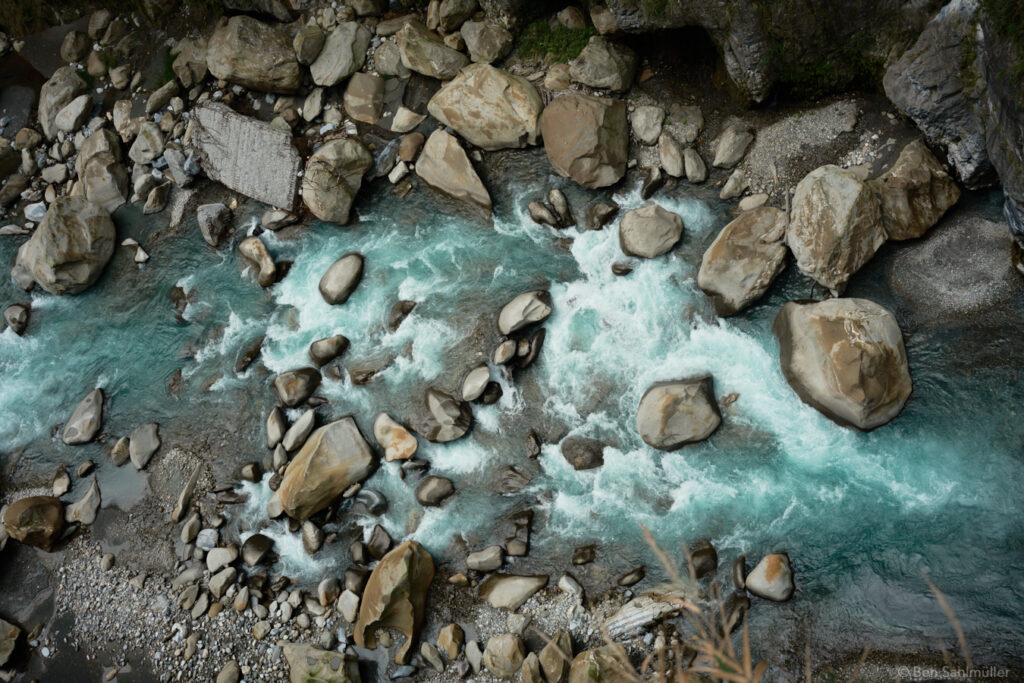
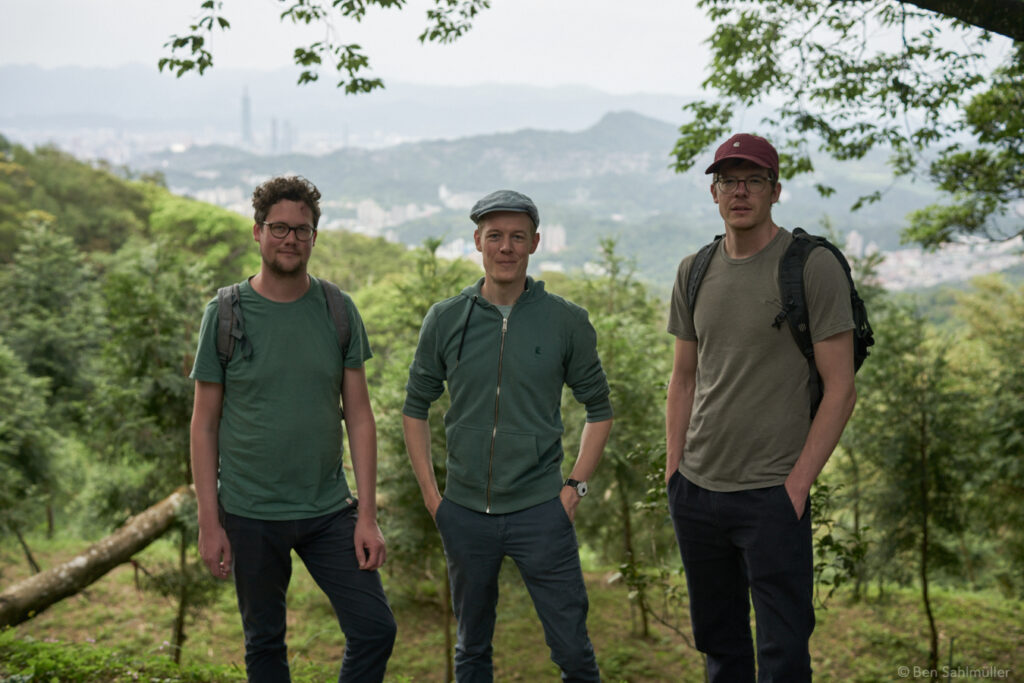
Essay: The gravity of family ties vs. the flow of time
It is fascinating how family ties and strong friendships can challenge and crush any superficial ideas of self and the save rituals of acquaintances – yet sometimes don’t. Much of the time with my dearest ones now is as rare and concentrated as close. We cannot meet for an afternoon or evening, but spend days or weeks during vacations before parting for another year. This allows for an intricate dance, measuring expectations, hesitancy, love, and estrangement.
Three forms of friendships
There are three very different forms of closeness and friendships. First, there is the friendship between two people. A friendship we share with the handful of people that bridge different places and life chapters, parents, siblings, a few friends if you are lucky, maybe an ex if you are not in the forgive and forget-camp (or fuck-off and forget?). These friendships are each unique. Books have been written to try to do them justice.
Second, there is the friendship of groups. A friendship lived through tight-nit cliques where our connection is to the group more than its members. They are dominant in our youth, but maybe lasting long into our adult life or be reborn at work, in yoga classes, cooking groups, or among sports fans. Sometimes we never talk to a member of such a group individually, even if we are the buddies in that group, even if we meet every week for years.
And then there is the friendship in networks. A vibrant swell of fuzzy connections formed around shared interests, professions, or serendipity. A swirling and changing web of people, often weaved together by those inclined to it by temper, charisma, or position. We might have an intimate talk at a cocktail bar over things even our families, friends, and cliques don’t know about, meet a few times per year at cafés, networking events, or weekend retreats, and yet never reach out to each other directly.
It is the latter type of friendship that structured most of my years in Berlin and again forms the social rituals of expat life. Of course there were siblings, soul brothers and sisters, lovers. But the whirling net was the constant background music. It is again the fabric of my social life now outside my marriage.
It requires specific social technologies to make this work and to enjoy it. (“Skills” sound too normative and absolute a concept here.) A certain opportunism is good, not to expect too much from others, but not out of cynicism but the humble knowledge that you cannot know them too well. (I love how the German word for disappointment, “Enttäuschung” literally means “overcoming delusion”, “Ent-täuschung” and thus focuses rightly on the self and not the other.) Another technology is a strong focus on the present, to not judge a past not shared, to not mourn the fact that the relationship might already be destined to be short. Towards strangers – and in a city like Berlin most people you regularly meet are still strangers – vulnerability and honesty are good tools to build relationships fast. Luckily, it is sometimes easier to share your deepest secrets with someone you don’t know, don’t meet every day, and who won’t share your secret sex stories with your dad. Yet, you also mustn’t mistake this honesty for the deep commitment that can only come with time. Curiosity and openness of course are important as well, not only when it comes to things to debate, to dancing, drinking, drugs and the like, but even morally. It helps to not have strong opinion about everything, and stories about guns or gay sex can both be entertaining. (As long as they are not part of the same story, that is.) For me, coming from and studying in a small town with its close friendships and dense cliques, all this was as confusing as exciting to learn.
Being with each other
Still, these approaches often don’t work in the gravity field of relationships that have been lived for years and decades. Relationships that we often assumed to change little, but in which we forget how much we change underneath them. I made this experience often when visiting my parents, especially in the last years when living with them for several days during our long summer vacations in Europe was the only way to make up for the time lost. You might be able to hide all the weirdness of the person you have become for a day or two. It is impossible for more than that.
I am very glad that I can think of my relationship with my parents by now mostly in terms of a friendship. Yet, all the tricks that worked to get close with my hippie, hipster, and hacker friends are powerless back at home. My parents would have called me crazy if I suggested to do a shared meditation exercise or Marina Abramovic-style eye gazing session, choreographed meals and art interventions (or even combinations thereof), ecstatic dances, or questions that cut right to the (emotional) bone. With my parents, I have learned to stay humble and trust time and its process, however slow it might be; to never try to force closeness, especially through words – however “authentic” that might appear; to instead trust the simple, shared rituals of everyday life: cooking together, taking a walk, gardening, playing chess, watching old photo slides (the physical ones!), repairing something. Here, it is often not what you do together, but that you are together. In broad networks in contrast, stop talking and people turn to the next person. Whereas in cities friendships are forged through intensity, here all it takes is still time.
Following this approach is quite easy coming together at a place you know, my childhood home, for example. It was hard here in Taiwan, when my brothers flew half around the globe to see our new life, where even these simple rituals are strong interventions that have to be weighted against the exhaustion from jet leg and the unfamiliarity of a different culture. (I remember well our first days in Taipei, when just doing groceries used to be enough adventure for a day. Sure, there was the contrast between German Covid restrictions and our 15-day solo quarantine on the one side to Taiwan’s everything-goes-behind-our-zero-covid-borders on the other. And it is always different if you know that you will have to live with whatever you experience not for just a week but a couple of years. But still…)
When not relationships change, but us
I wrote earlier that the challenge to close friendships and especially family ties is probably less the change to the relationship but more the change of ourselves. For friendships, this is often the point where they break or drift off. For families, you will try harder to make it work. After my brothers left, with the many wonderful hours and the few deep unanswered questions we probably both expected to get answered, I realized how much our lives changed just since leaving Germany. A change we probably overlooked in the last two years, in the excitements of the one or two days we had together during our two visits. A change strengthened a lot by the pandemic weirdness of the last years that now again feels like ancient history.
I met Anna briefly before the start of the pandemic. My brother Till was lucky enough to marry his wife during the very first weeks of it, his wedding and party just days ahead of the first big restrictions on private gatherings. Like Anna and I, my sister Linn married during the pandemic. Already in Taipei, we briefly joined them via zoom, dressed up for the camera, drinking Champaign in front of a one of those influencer light ring thingies.
Thus, what started as a common lockdown bubble – each of us creating a small world within our respective partnerships – has since grown a stronger shell. Anna and I are literally living on an island on the other side of the world, Till and Linn both became parents of two toddlers.
It took me until now to realize this breach, to acknowledge that even without Covid, for us as siblings a new chapter began. In the last three years, since Anna and I left Germany, we all built our nests in our respective relationships. And we as siblings became much less central to our lives in turn.
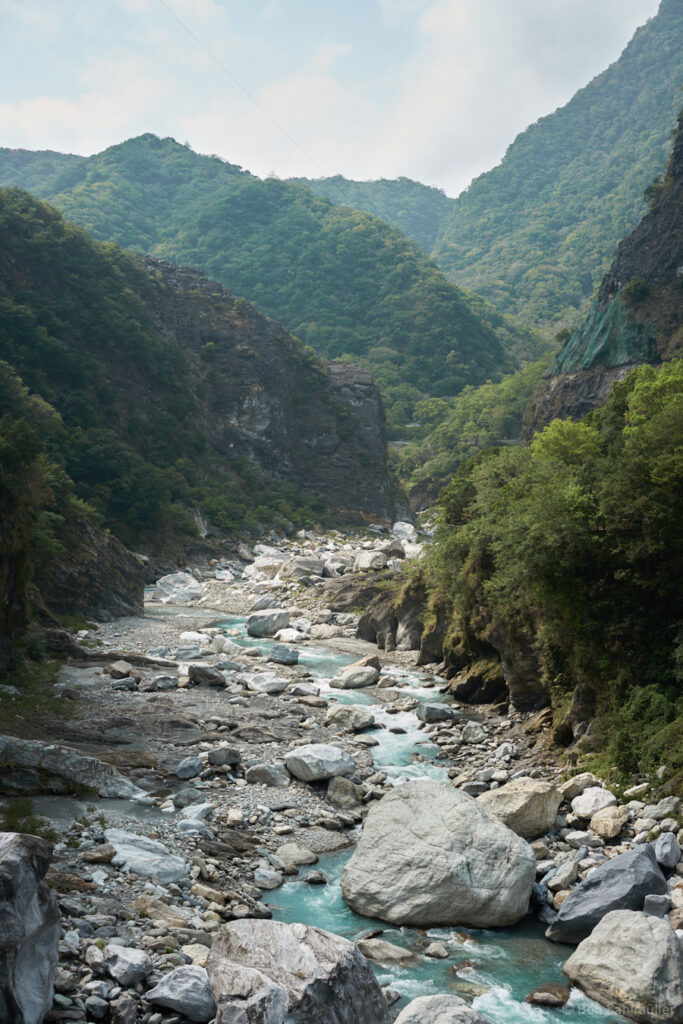
Bemerkungen about Benerkenswert
With all our dear siblings and friends visiting us, this newsletter reached two of its hidden purposes: To advertise Taiwan to them. And to make suggestions what to do once they are here. It were not deliberate goals, but I realized that they formed the way I structured and wrote this newsletter. I am now looking forward to change things up a bit, and even though I am careful not to go too meta here (there, it’s just happening!), I want to share some ideas to allow feedback and shape expectations.
Benerkenswert is a labor of love, but it is not reliable enough for me as a writer and you as a reader. Earlier issues used to sprout and sprawl wildly, all in terms of lengths, content, and temperament. Missing my self-set deadline to send it at the end of a month, often by weeks, I often spent a whole weekend-day to hammer earlier issues together or postponed them for a whole month (or two).
I want the work and the reading experience for all of us to be more dependable. I like to live with my ideas, but it’s also nice to know they will grow up and leave home after a while. I will hence focus on a single topic for each issue now. Of course I have plenty themes in mind – Taiwan, of course, issues regarding society, technology, philosophy – but I will allow myself to follow the flow and let clusters emerge organically.
The good news is that I aim to publish this newsletter more frequently. Ideally there will be a more private issue (like this one) at the beginning of a month. True to its name, it will focus on what is “benerkenswert”/remarkable in our life and more personal/philosophical reflections. I will split the online stuff (updates to my website, various links, etc.) to a second newsletter in the middle of the month. I will also split recommendations between the two, moving more “analogue” books and music to the first one, movies, TV series and the like to the latter. In-between there might be essays.
I am unsure with regards to the personal and professional. I still want to share about my thoughts here, but given it’s a public platform I am very attentive towards what feels right. This week is testing that boundary and I’ll have to see about its aftertaste. The private isn’t public qua definition, and trying to make it so often creates weird outpours of navel-gazing. The personal needs an adequate tone in the public. That tone is art, and I am not sure this already qualifies. I am grateful for everyone following this newsletter as a friend or relative, and I will try to provide further reasons to chat, write, have a call. Please don’t hesitate to reach out!
With regards to my professional life, my intuition is even more vague. Professional navel-gazing is even weirder than personal reflections, and shallow LinkedIn adulation feels equally wrong here. More importantly, my job too is to write a lot, so there is both a conflict as well as some complementarity between this passion here and my professional productivity there. I am mostly at a point where writing this blog is purely fun, requires different emotional and cognitive capacities, makes it easier to face empty pages, and gets me into the habit of writing a lot and publish it “fast” (especially compared to academic publishing, where a back and forth can easily take years). I do have many many ideas though that are still congesting my system, so yeah, maybe I will write about innovation, change, organizational theory and stuff like that here another day.
Anyway. Thank you for staying with me. Please don’t hesitate to send a mail or comment my way. Any for of distribution is welcome, of course, so please share this newsletter with your friends if you like it.
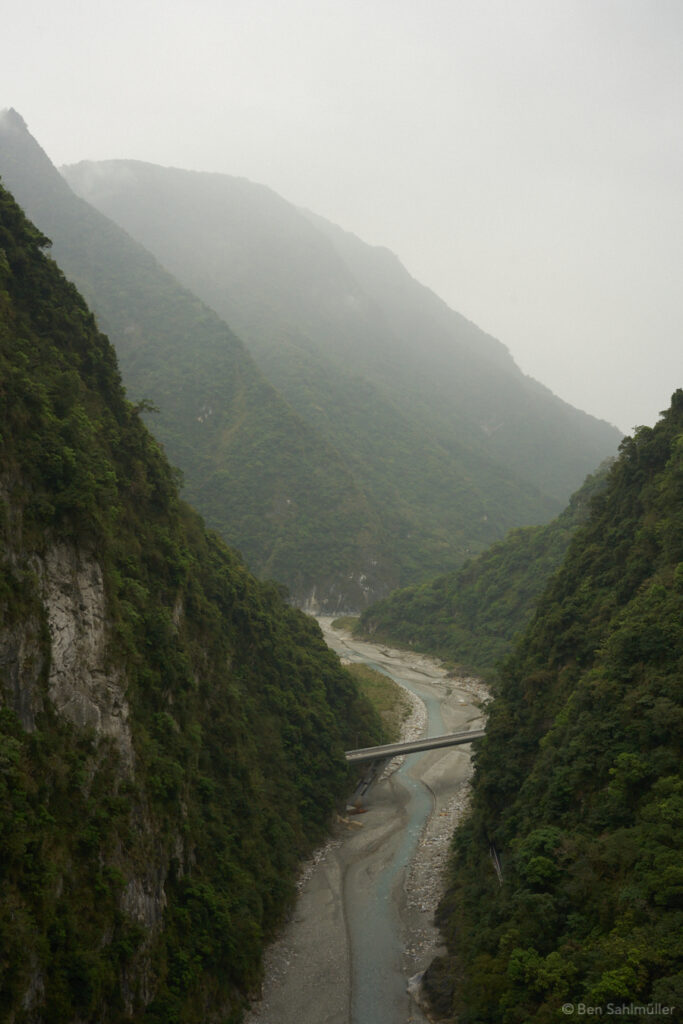
Art Recommendations
Music: AnnenMayKantereit, Es ist Abend und wir sitzen bei mir
There’s a great new album from the German Band AnnenMayKantereit, best known for “Barfuß am Klavier,” “Pocahontas,” and maybe “Ich geh heute nicht mehr tanzen” (I won’t go dancing anymore tonight.) AMK are famous for lead singer’s Henning May’s rough voice – always sounding like two packages of cigarettes and three pints of beer – and their authentic texts that fit that image very well. The new album’s title, “Es ist Abend und wir sitzen bei mir” once more perfectly hits that aesthetic (“It is night and we chill at my place,” when I try to capture the spirit of the title). I also love them for their amazing bass lines! The new Album is a great one to listen to front to back, but if you have less time try “Lass es kreisen,” for the rhythm, “Es ist Abend” for the mood, and “Erdbeerkuchen” for the lyrics and general joie de vivre.
The work of Annie Ernaux
I read some of Annie Ernaux’ books recently, after stumbling upon her on some “Best contemporary European writer” list somewhere when I looked for an alternative to nonfiction, dusty classics, or the ever-present American fiction that too often feels too distant from my life. Focusing on her own biography as a woman in France born in the 1940, critics sometimes describe her as a 20th-century female Proust. Indeed, her style is punchy but poetic, honest, and quite entertaining. Ernaux received public acclaim internationally in 2022 when she was awarded the Nobel Prize in Literature. Reason enough to give her a chance, and I must say that I was quickly fascinated by her work.
Ernaux’ strengths is how she weaves the personal with the general and the timely. Her story describes a particular experience that is human, at the same time strongly influenced by her time, upbringing, and milieu. Understanding these influences, taking a stance towards them, accepting that they can never be fully overcome seems to be a core theme in her work, which makes it biographical, anthropological, or even sociological.
Ernaux has done repeatedly what many believe to be impossible in memoir writing: articulate the subterranean or starry machinations of economies, histories, and nations without ever sacrificing the acute truths of having a body in the world.
Audrey Wollen in her profile review for The Nation.
Her work of memoirs, pulling parts of her life into focus from different angles, is mosaic. Her images “stack and stack, and index of her memories and others’, rolling in and out of the individual like waves against the beach” (Wollen again), are “similar to a treasure box discovery, filled with old family photo albums, some having a few words in the back, yellowish and falling apart” (Azarin Sadegh for the LA Review of Books). Why thus any book is as good a starting point as any others, her magnus opus “The Years” is probably the best representation of her work. I also loaned the German audio drama, a vibrant collage of images and memories, less of her own life but of a whole society. Ernaux doesn’t write about herself, but the neutral we, German “man”, French “on”. It summons many of the big -isms in a time they too were mysterious and less-understood. Capitalism, consumerism, feminism become currents again that form the individual, not clichés. It is a tender work, despite its analytic distance. A collective wallowing, not without nostalgia and pride. Quite masterful!
The second book I really liked, and probably an easier entry into her world, was “Mémoire de fille (Girl’s Memory, Erinnerungen eines Mädchens). It focuses on Ernaux’ youth and the weeks and months around her sexual awakening. It is a powerful book, tender, self-conscious (a tricky balance act in which Ernaux proves her prowess), delicate.
The core issues are the topics of female sexuality, desire, and shame – as a social expectation and personal possibility. Her book has a strong feminist message without being abstract or normative, lacking any of the jargon and zeal that makes it sometimes hard to engage with more current works. This is a strength, as her own struggles, wishes, and desires shine through clearly nonetheless and it is hard not to emphasize with a young girl who wanted nothing but to embrace fully the few years of her youth.
In its matter-of-fact approach to female desire, Mémoire de fille reminds me of Lars van Triers Nymphomania, albeit it is much lighter, more measured, less voyeuristic and pornographic. Yet, the message is a same: why blame a women for something that is taken for granted for men? We are confronted with men infidelity and almost rape. (It would be rape now but it wasn’t thus for Ernaux back than. The way time changes memory is another core theme in her work.) Yet it is young Annie who faced ostracism by the group, who probably spent years of self-work to make sense of her desires, emotions, and acts. As Wollen summarizes Ernaux’ work on point, “I cannot imagine a more profound description of (her) life project than to disremember (…).”
Ernaux’ books are a strong testament of our hard way to freedom from one another. Recommended, even (or especially if) you are neither French, a woman, or born in the first half of the 20th century! (And if you need more convincing, Head over to the reviews of Wollen or Sadegh, as well as the New Yorker Profile of Alexandra Schwartz, all a joy to read.)
